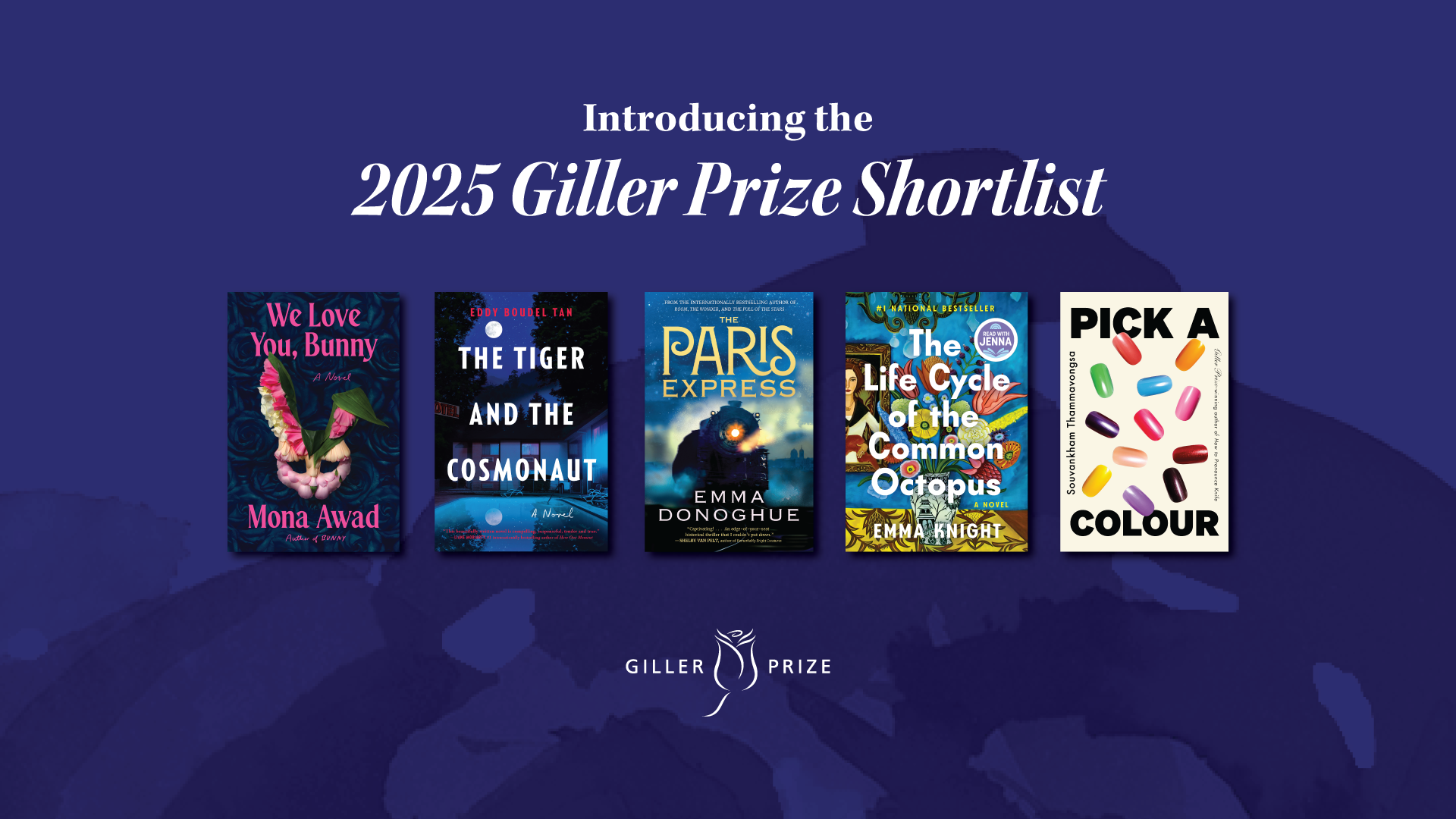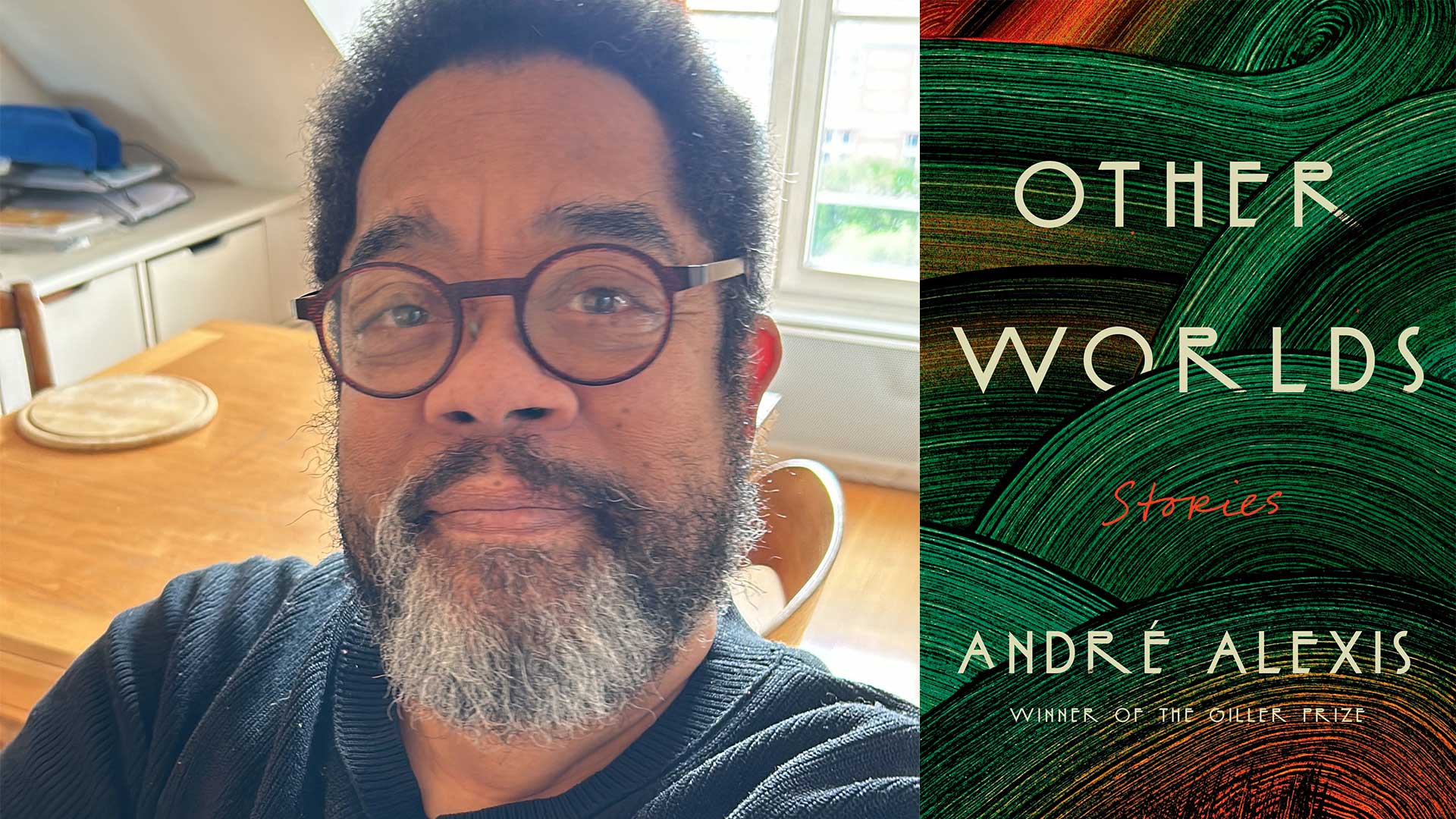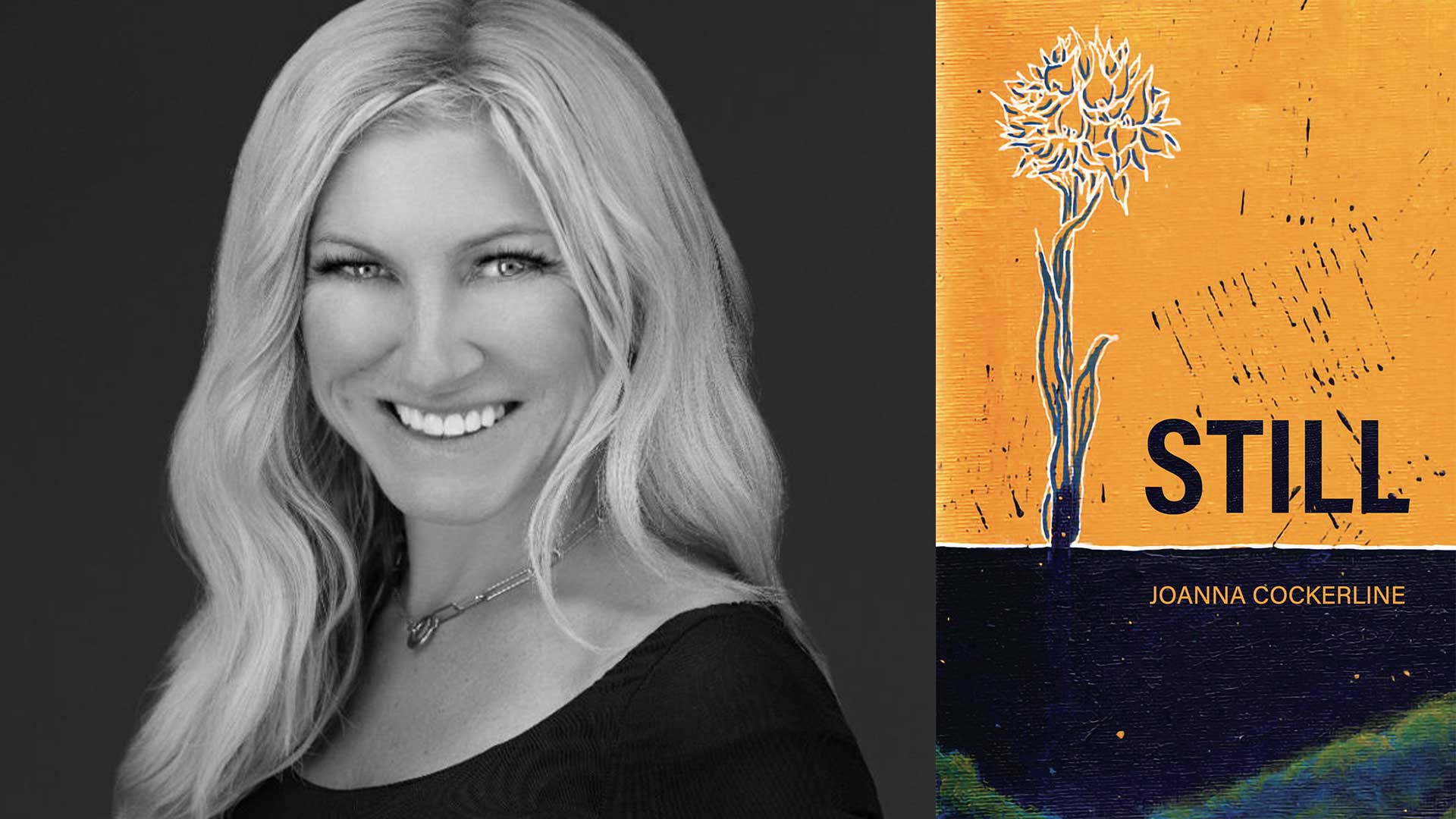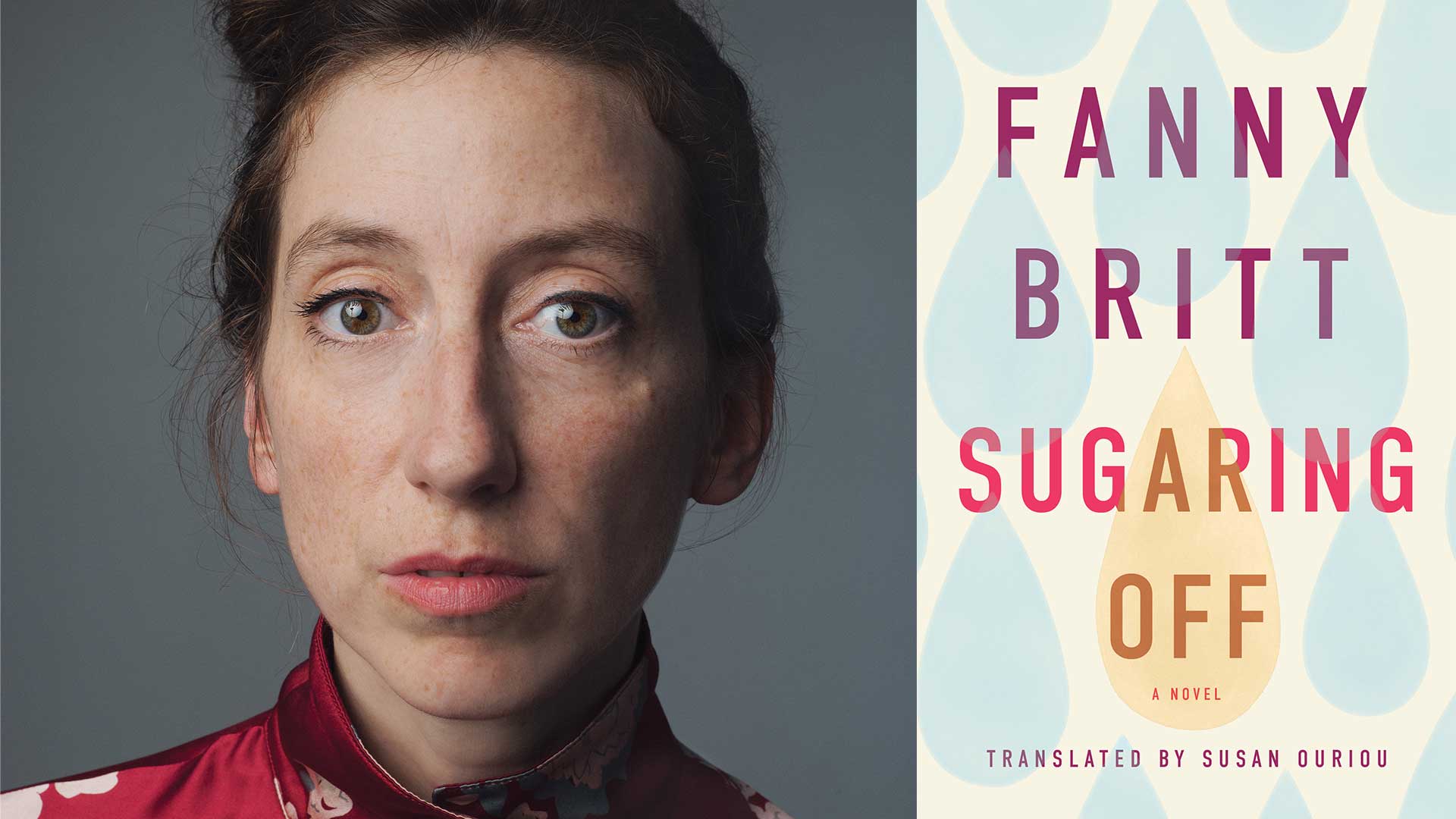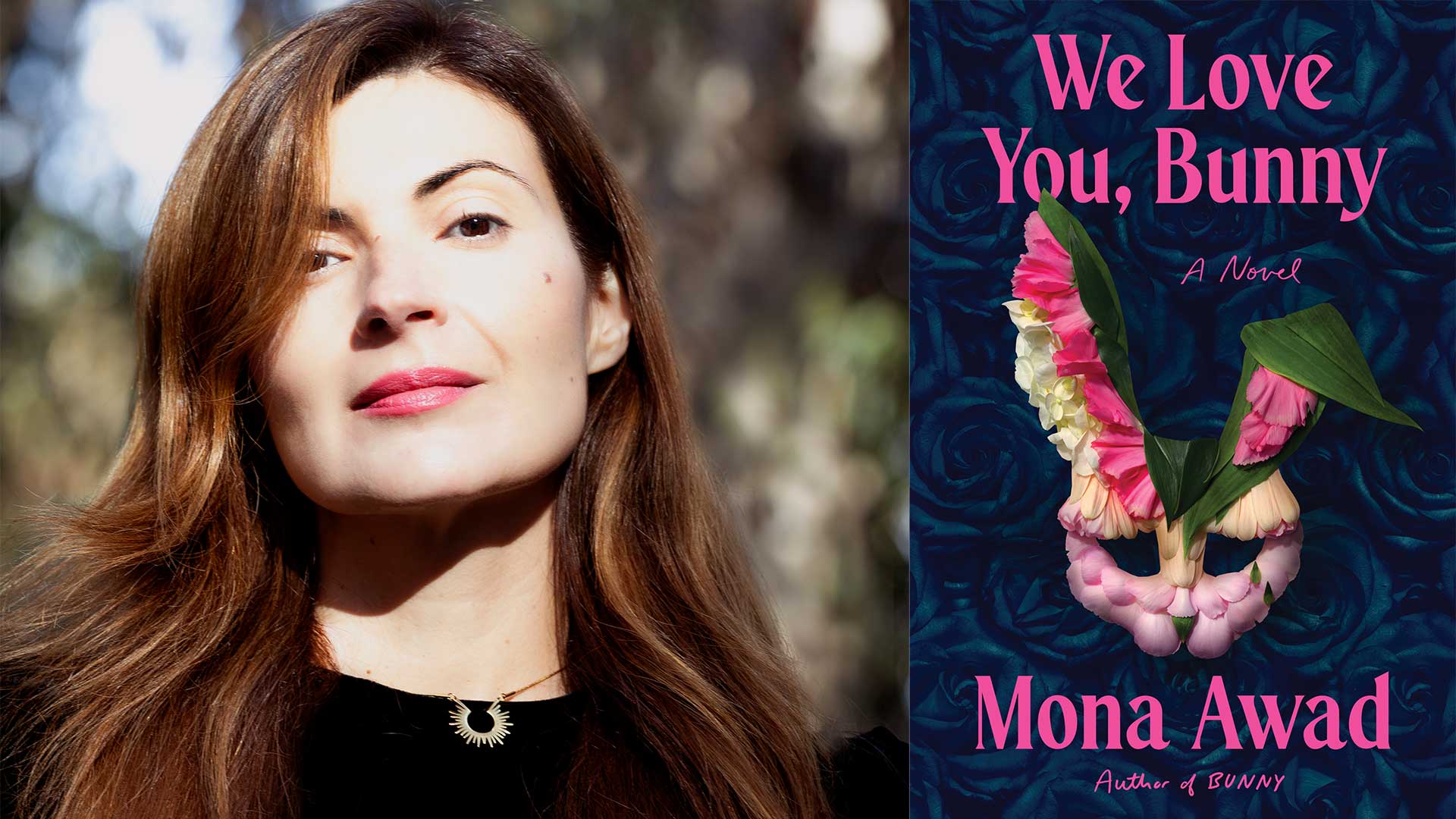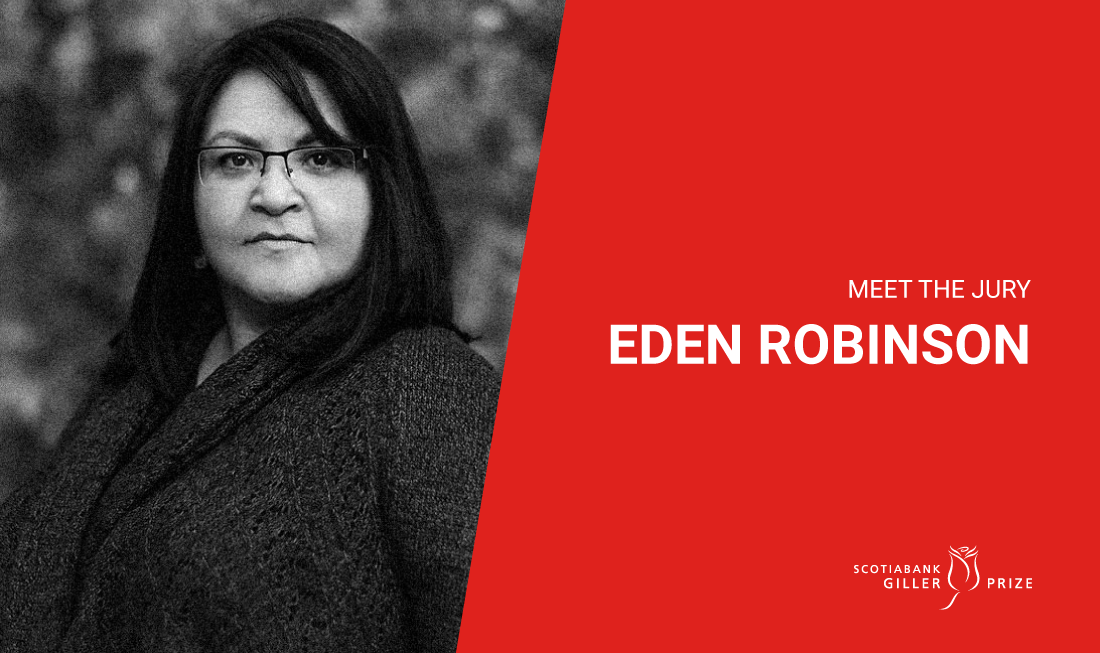
Meet the Jury: Eden Robinson
Meet the Jury: Eden Robinson
January 21, 2020

Eden Robinson is a Haisla/Heiltsuk author who grew up in Haisla, British Columbia. Her first book, Traplines, a collection of short stories, won the Winifred Holtby Memorial Prize and was a New York Times Notable Book of the Year in 1998. Monkey Beach, her first novel, was shortlisted for both the Scotiabank Giller Prize and the Governor General’s Literary Award for fiction in 2000 and won the BC Book Prize’s Ethel Wilson Fiction Prize. Her novel Son of a Trickster was shortlisted for the Scotiabank Giller Prize. Her latest novel is its sequel, Trickster Drift, which won the 2019 Ethel Wilson Fiction Prize.
When did you first know you wanted to be an author?
Grade 11. A lovely English teacher read my short story to a class and they loved it. I was hooked after that.
What is your favourite writing routine?
Long, slow mornings with strong coffee.
What are you working on now?
I’m editing the first draft of the third novel in the Trickster series.
If you could tell your younger writer-self anything, what would it be?
Be gentle with yourself. You can’t be an instant master of any form. Take the time to enjoy the journey.
What kind of research do you do, and how long do you spend researching before beginning a book?
It depends on what I’m writing. With the Trickster, I’m familiar with our traditional stories so researching usually involves chatting with people and inquiring about the cultural protocols which may or may not apply to the specific detail of a character that I’d like to use. But with a short story I’m writing about an epidemic, I’m learning about coronaviruses from the ground up. This is especially interesting because of the Novel Coronavirus 2019 emerging out of Wuhan and its first fatality. SARS was a coronavirus. MERS was a coronavirus. I have asthma so naturally, I love to read about respiratory infections that scare me silly.
Where is your favourite place to write?
Dark, windowless rooms, usually. Pretty views are distracting. If a room has a view, I need blackout curtains.
How many hours a day do you try to write? Why did you choose this number?
I’d love to write eight hours a day, but I find my maximum is four. Usually two, though, as I have physical limitations. Any longer and I seem to burn out my muse and don’t write for a few days afterwards. Editing, though, doesn’t seem to require as much creative juice, and I can do that longer.
If you didn’t write, what would you do for work?
I’d work in an archive. I love organizing books and papers.
What is your favourite childhood book?
The Cat from Outer Space. It was a Disney movie tie-in and I thought it was hilarious. I’d follow my parents and teachers around reading them my favourite passages. My parents were very patient.
Which piece of writing are you most proud of and why?
Contact Sports, a novella in my first collection, Traplines. That was my first long breath. It took me ten years on and off to complete. I put it away and dragged it out, put it away, dragged it out so many times. I changed the point of view from first to third person, past to present tense, female narrator to male — I changed everything a number of times. It came together in about a month towards the end of my master’s program and it was like the heavens opened. I had not made that kind of technical leap before and was exhilarating.
What are you most looking forward to being a juror for the 2020 Scotiabank Giller Prize?
Giving myself permission to read without guilt. I limit myself to two books a week so I can get my daily errands done, but juries like this let me indulge in reading and justify it as work.
Submissions for the 2020 Scotiabank Giller Prize are open. Follow us on Facebook, Twitter and Instagram for the latest news and updates.
Share this article
Follow us
Important Dates
- Submission Deadline 1:
February 14, 2025 - Submission Deadline 2:
April 17, 2025 - Submission Deadline 3:
June 20, 2025 - Submission Deadline 4:
August 15, 2025 - Longlist Announcement:
September 15, 2025 - Shortlist Announcement:
October 6, 2025 - Winner Announcement:
November 17, 2025

